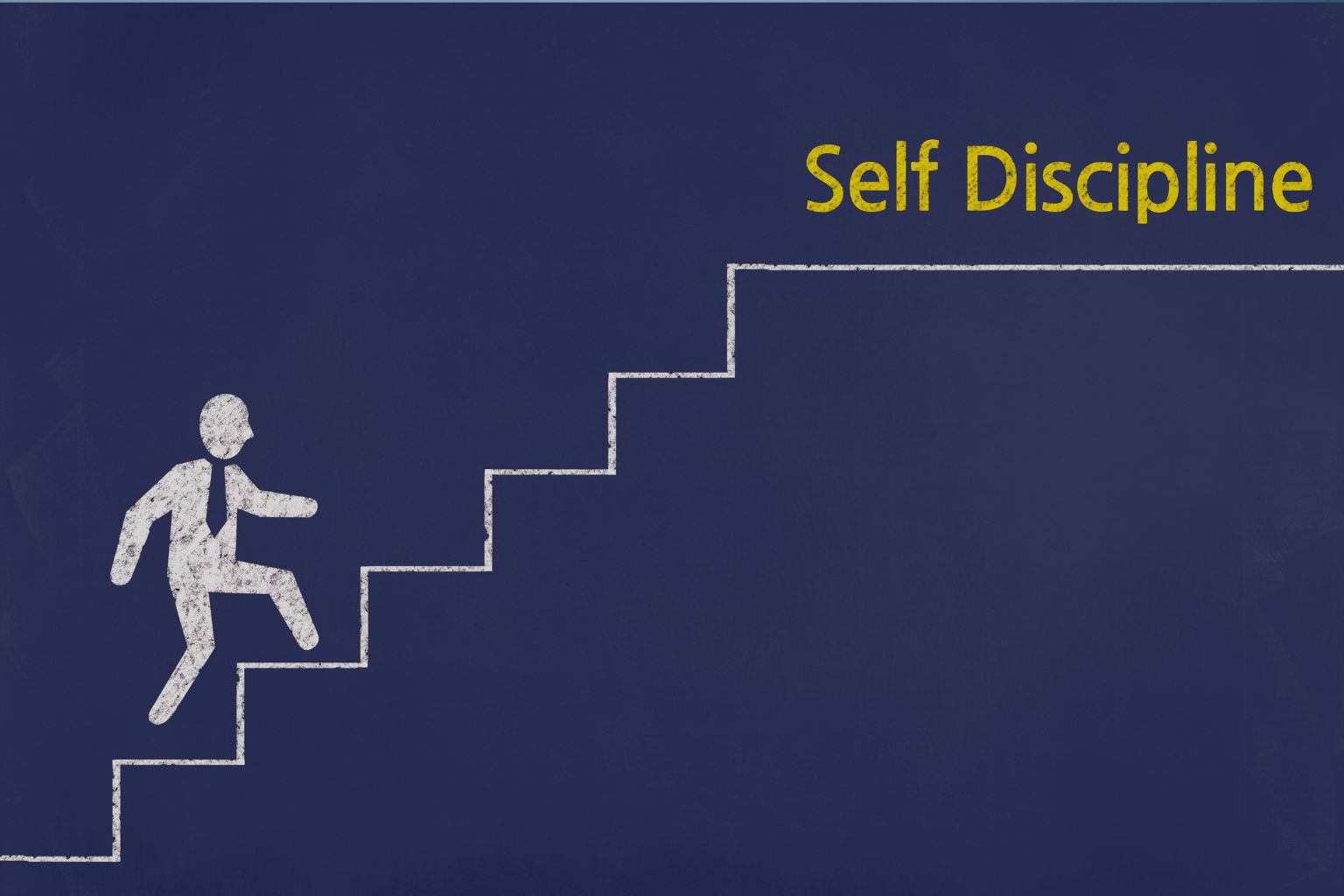When Your Dreams Are Met with Doubt
You’ve finally set a goal that lights you up. Maybe it’s starting a side hustle, going back to school, committing to your health, or changing careers. You’re excited—nervous, maybe—but ready. Then you share it with someone you care about… and it falls flat. They doubt it. Question it. Maybe even mock it. And just like that, the wind disappears from your sails.
Sound familiar?
Communicating your goals to loved ones who don’t understand can feel like walking through emotional quicksand. But here’s the truth: resistance doesn’t mean your goal isn’t valid. It just means you’re stepping into change—and change often threatens what others have grown used to.
In this post, we’ll explore how to handle these moments with confidence, empathy, and clarity—so you can move forward with your goals without sacrificing your relationships or your peace.
Why It’s So Hard to Communicate Your Goals to Loved Ones
Let’s start here: you’re not crazy, and you’re not alone. Wanting to be seen, supported, and understood is human. When the people closest to us don’t get it, it can feel personal—like rejection. But their confusion or criticism usually says more about them than it does about you.Why does this happen?
Fear of change: Your growth might highlight where they feel stuck.Lack of context: They haven’t done the inner work you’ve done.Protectiveness: They fear you’ll get hurt or fail.
Still, none of that makes it easier. The emotional tension is real. It can cause second-guessing, doubt, and even resentment. That’s why mastering how to communicate your goals to loved ones is a form of emotional resilience—and a major step in your growth.
Step 1: Lead with Clarity, Not Convincing
Your goal doesn’t need to be defended like a courtroom case. It just needs to be clearly communicated. The more clarity you have, the more grounded you’ll feel.
When you communicate your goals to loved ones, focus on:
- Why this matters to you
- What support (if any) you need from them
- What you’re already doing to make it happen
Example: Instead of saying, “I’m thinking of quitting my job to start a business,” say: “I’ve been working on a side project for 6 months, and I’m seeing signs it could become a real income stream. I’m setting aside money and planning my next step. I’d love your support, even if you have concerns.”
Why it works: Confidence calms doubt. People tend to support what they understand—and fear what feels vague or impulsive.
Step 2: Validate Their Emotions Without Absorbing Them
Just because someone doesn’t understand your goal doesn’t mean they’re your enemy. Your growth might trigger their fears—but that’s their emotional work, not yours.
The key? Acknowledge their feelings without taking them on.
Say this:
- “I get that this might sound risky to you.”
- “I know this isn’t something we’ve talked about before.”
- “It makes sense that you’d have concerns—this is new for both of us.”
Don’t say:
- “You never support me.”
- “You just don’t get it.”
- “Why can’t you believe in me?”
Why it matters: Emotional maturity isn’t about always being understood. It’s about handling misunderstanding with grace. That’s part of building mental discipline for success—staying steady in the face of emotional waves.
Step 3: Choose the Right Time and Setting
Timing changes everything. Dropping a major goal announcement during a chaotic family dinner? Probably not the best move. To communicate your goals to loved ones with impact, be intentional.
Tips for a better conversation:
- Choose a calm moment without distractions.
- Frame the conversation as something important to you.
- Use “I” language to reduce defensiveness.
Mini Story: Maria wanted to pursue fitness coaching full time. She knew her husband would worry about money. So instead of springing it on him after a stressful day, she planned a calm coffee chat on a Sunday morning. She brought her plan, her budget, and her heart. He didn’t agree right away—but he listened.
The result? Productive dialogue instead of emotional explosions.
Step 4: Set Boundaries Around Negativity
Not everyone will get it. And that’s okay. But repeated negativity, passive-aggressive comments, or guilt trips? That’s not okay.
If someone continues to dismiss your goals or tear you down, it’s time to set boundaries.
Say this:
- “I understand your opinion, but I need space to focus on what matters to me.”
- “Let’s agree to disagree—and I’ll keep you updated when I can.”
Why it matters: Protecting your mental energy is non-negotiable when pursuing growth. Boundaries aren’t walls—they’re filters. They allow support in and keep sabotage out.
This is where mental discipline for success comes in. It helps you stay anchored to your why even when others don’t cheer you on.
Step 5: Show, Don’t Just Tell
You want people to believe in your goals? Let them see the results.
Over time, nothing speaks louder than consistent action. When you keep showing up—even without applause—you build credibility. And slowly, resistance turns into respect.
Mini Story: Jordan’s friends mocked his idea of starting a dog treat business. Instead of fighting them, he stayed quiet, worked hard, and built a loyal customer base online. Six months later, those same friends started asking him for advice.
Takeaway: Don’t wait for validation. Let your results speak. Let your growth tell the story.
Why You Need More Than Words
Mastering how to communicate your goals to loved ones is powerful—but it’s just one piece of the puzzle. Lasting progress takes more than emotional skill. It takes structure. Follow-through. And deep inner commitment.
That’s where real growth happens.
If you’re serious about not just explaining your goals—but achieving them—don’t rely on willpower alone. Build habits. Track wins. Stay focused. That’s how successful people turn friction into fuel.
And that’s exactly what the Mental Discipline for Success system was designed for.Why You Need More Than Words
Mastering how to communicate your goals to loved ones is powerful—but it’s just one piece of the puzzle. Lasting progress takes more than emotional skill. It takes structure. Follow-through. And deep inner commitment.
That’s where real growth happens.
If you’re serious about not just explaining your goals—but achieving them—don’t rely on willpower alone. Build habits. Track wins. Stay focused. That’s how successful people turn friction into fuel.
And that’s exactly what the Mental Discipline for Success system was designed for.
Transform Your Life
Reprogram Your Mind
Train your subconscious to align with your goals, build confidence, and take action regardless of your mood.
Stay Laser Focused
Learn to take daily action and dedicate 30 minutes to your goals to stay on track to achieve them.
Learn from Pros
Connect with successful people every week and gain insights to accelerate success.
Start Your Journey Now
Ready to Achieve Your Success? Get the Mental Discipline for Success System Kit and start transforming your life today!
FAQ: Communicate Your Goals to Loved Ones
Focus on clear, calm communication. Share why it matters to you and what steps you’re taking. Let your actions speak over time.
Stay grounded in your purpose. Use boundaries if needed and stay consistent with your actions. Respect often follows results.
Not necessarily. Instead, share them with people who have earned that space. Find communities or mentors who uplift you.
Build routines, track your progress, and focus on internal validation. That’s how you develop mental discipline for success.
Involve them in the process. Share your plan, listen to their concerns, and find ways to compromise without abandoning your vision.

















Share it!